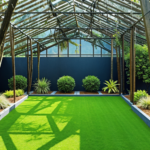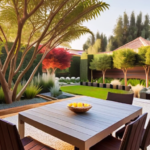One of the biggest delights of traveling is encountering different and unique plants in certain regions of the world. Seeing colors and shapes that are foreign to you can be extremely exciting. But, it’s even better when you can immediately recognize Swedish Flowers with some useful knowledge.
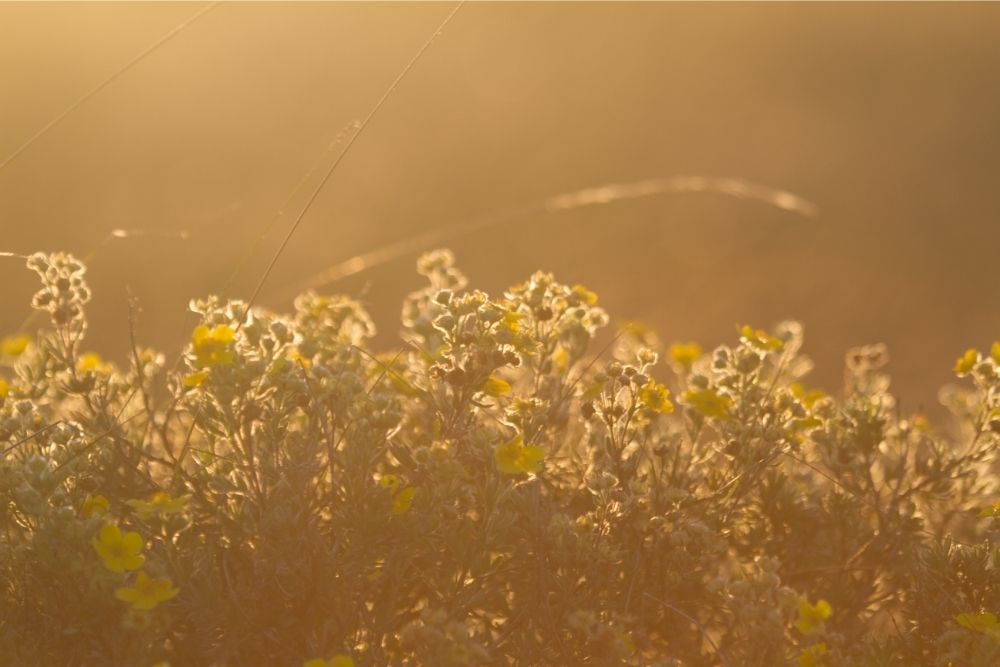
Sweden is one of the most beautiful countries in the world. It boasts mammoth mountains and jaw-dropping landscapes throughout. Entwined in this rugged land are some wondrous yet fascinating flowers that can only be found in the land of the Swedes.
The vast natural habitat that Sweden boasts is ideal for plant life to thrive and, thankfully, the Swedes are more than happy to support and let this habitat flourish.
In today’s blog, we will be guiding you through some of most beloved and iconic Swedish flowers. While some of these do not grow throughout the whole country, we will inform you of where to travel in Sweden to find their floral displays.
By learning different plant family patterns, you can start to recognize all kinds of plant species around the world.
Flowers Of Sweden
1. Mullein
Mullein is renowned as a hardy plant that grows in some of the most inhospitable places on earth. Known as ‘Kungsljus’ in Swedish, this flower produces stiff, straight, and high stems that reach a narrow and highly colorful sprout.
Although considered a weed, these beautiful flowers can be seen in just about every fjord in Sweden during the springtime.
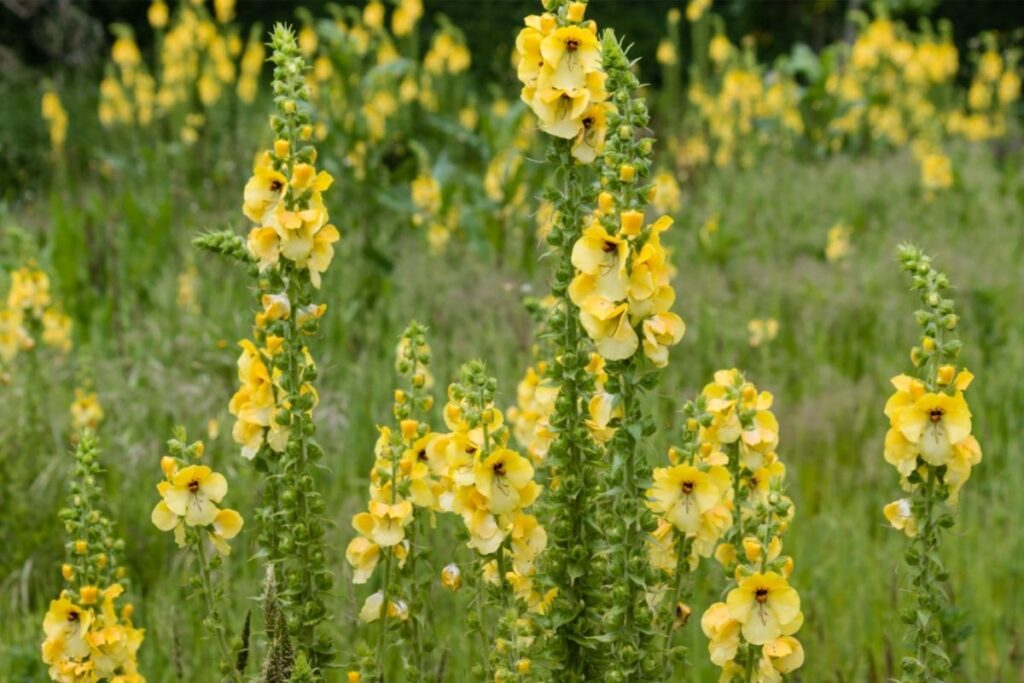
2. Mountain Avens
Mountain Avens are evergreen dwarf shrubs known as Fjällsippa in Sweden. As with the Mullein, this flower grows in very dry, inhospitable regions of the world and is easily identifiable thanks to its long, white/cream-colored flowers that stick out from the undergrowth.
This is an ideal and strong plant for growth in hard-to-plant areas.
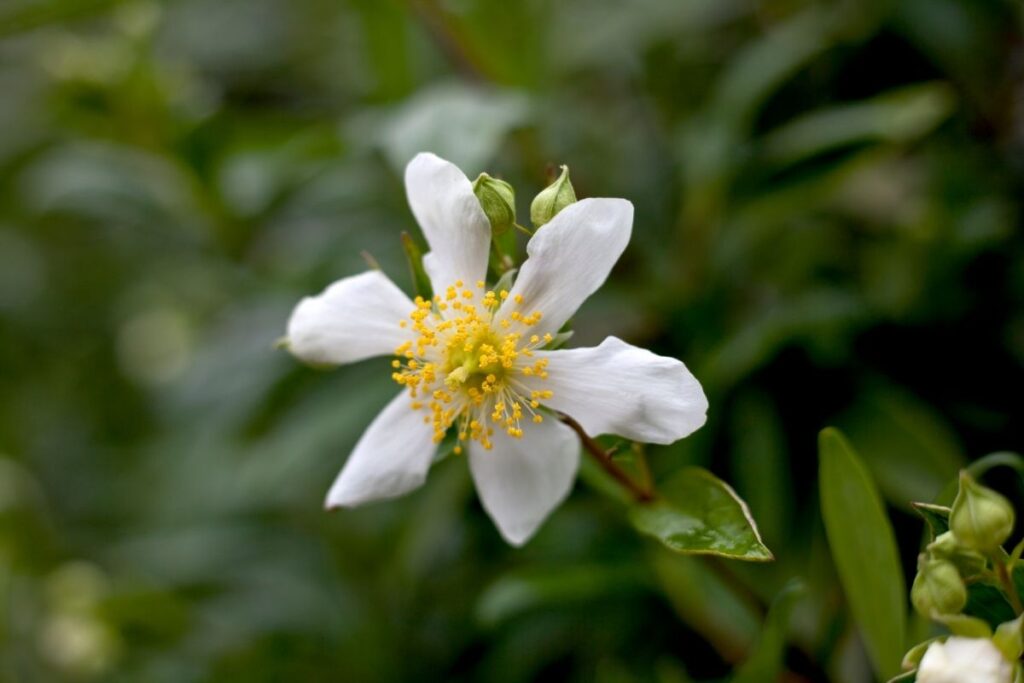
3. Smörboll
This plant may be a beautiful sight to behold but you may not want to get too close to its ugly scent. Known for attracting bees thanks to its bright yellow color, Smörboll flowers can only be pollinated by flies.
If you get anywhere near these flowers, you will experience a pretty unpleasant odor that many associates with rotting flesh. No wonder flies like to pollinate these flowers with such an offensive stink.
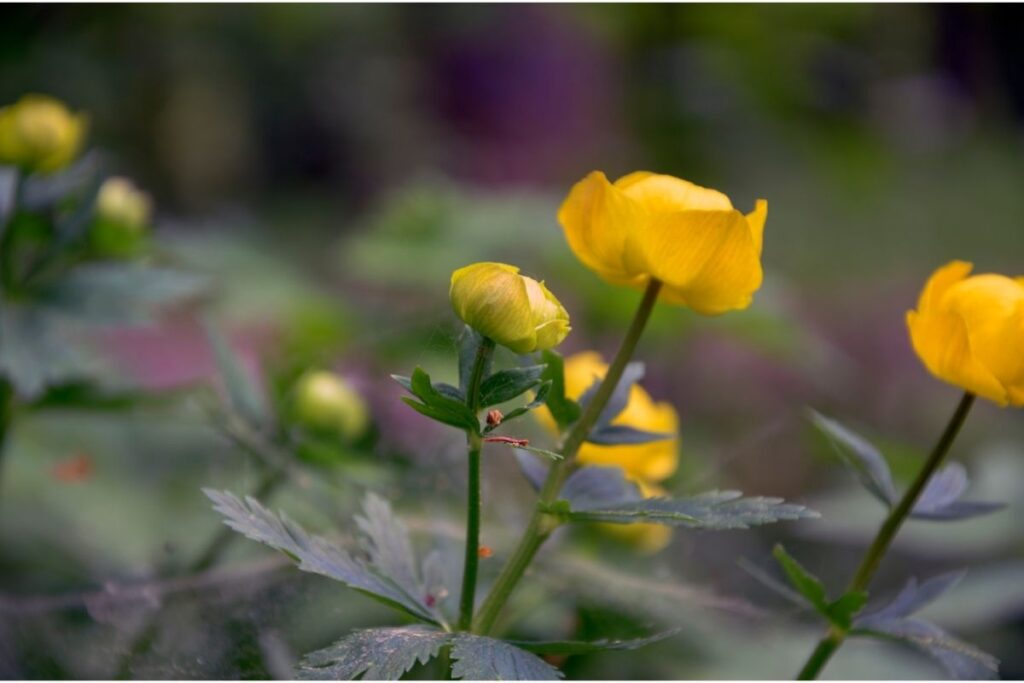
4. Chickweed
Chickweed grows delicate small, white flowers with long, slender stems. Known as ‘Skogsstjärna’ in Swedish, this flower can grow very quickly in Sweden and throughout the world.
As a matter of fact, chickweed has earned a reputation as one of the hardiest plants in the wild. But, it can be a great addition for hard-to-cultivate areas.
RELATED: Brown Trees: Everything You Need To Know About Them
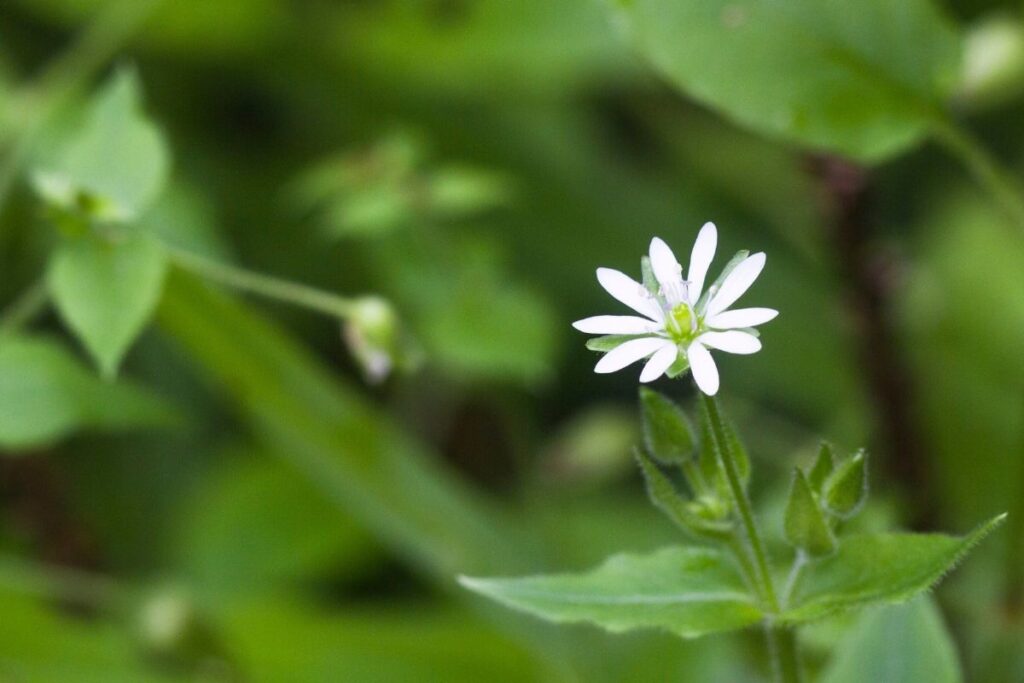
5. Cornflower
This is one of the most vibrant blue flowers in the wild. However, its beauty is matched by its unwelcomeness for many gardeners. Although it is considered a weed by most, it is certainly a very attractive one.
If planting cornflowers, you must do so at your own discretion as they are known for spreading rapidly and could soon take over. It’s recommended that these are planted in hard-scrabble, dry areas where not much else can grow.
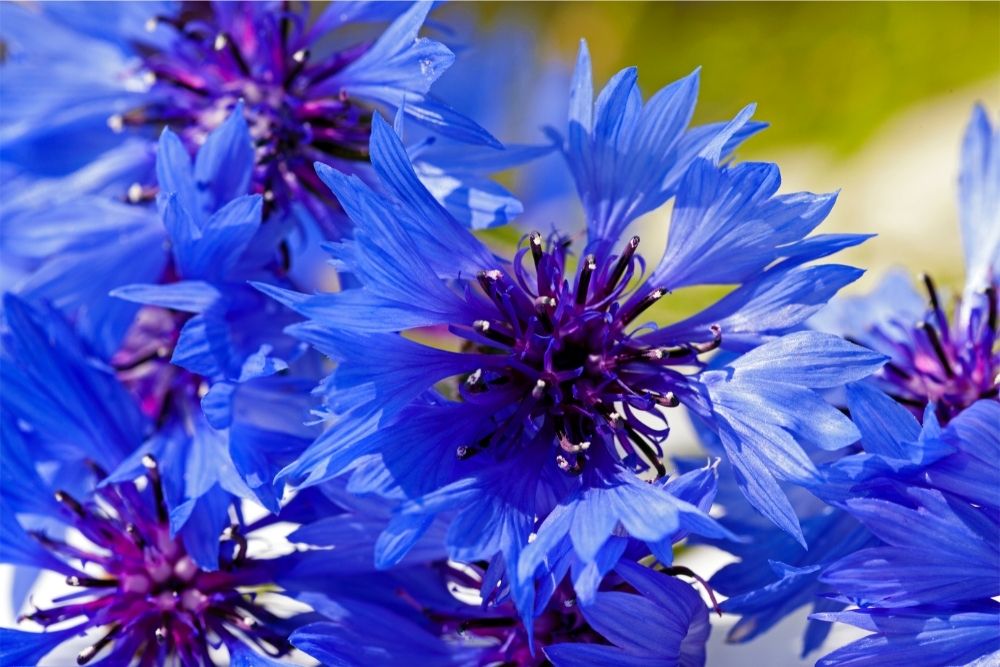
6. Honeysuckle
Considered the provincial flower of Bohuslän, honeysuckle produces two-lipped, tubular flowers that are often creamy or yellow-colored. These flowers are famous for their sweet aroma which is especially noticeable at night. In Sweden, they are locally known as Vildkaprifol.
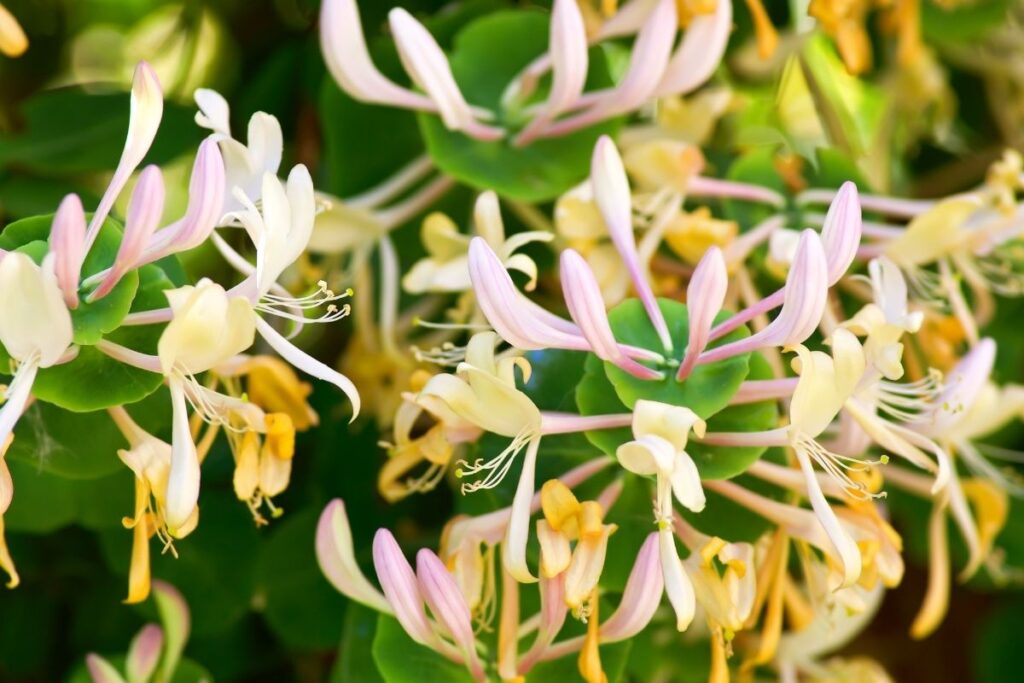
7. Harebell
Harebell, botanically known as Campanula rotundifolia, is a bellflower known as Blaklocka in the province of Dalarna. Each of these flowers features five petals with varying colors of white, pink, or violet-blue. These are joined together and form a bell-like shape.
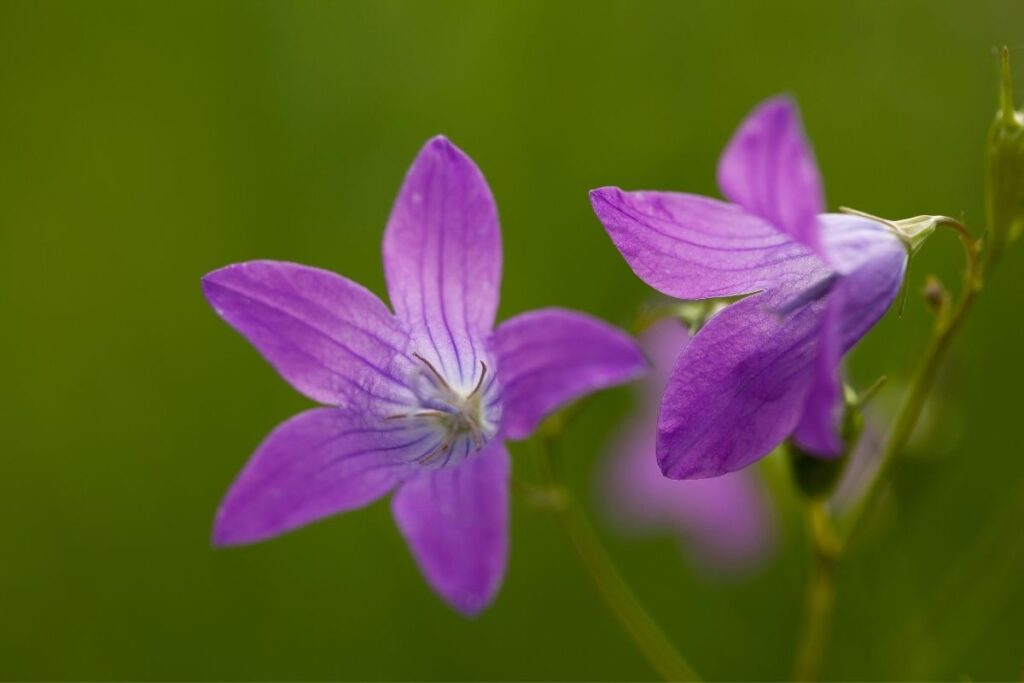
8. Spreading Bellflower
Another provincial flower of Blaklocka, the spreading bellflower (Campanula patula) sports white or pale blue funnel-shaped petals that stand upright. This flower grows very long pointed leaves but it is not like your regular bellflower.
The petals of these plants are spread out and more pointed than conventional bellflowers. Locally, this flower is known as Ängsklocka.
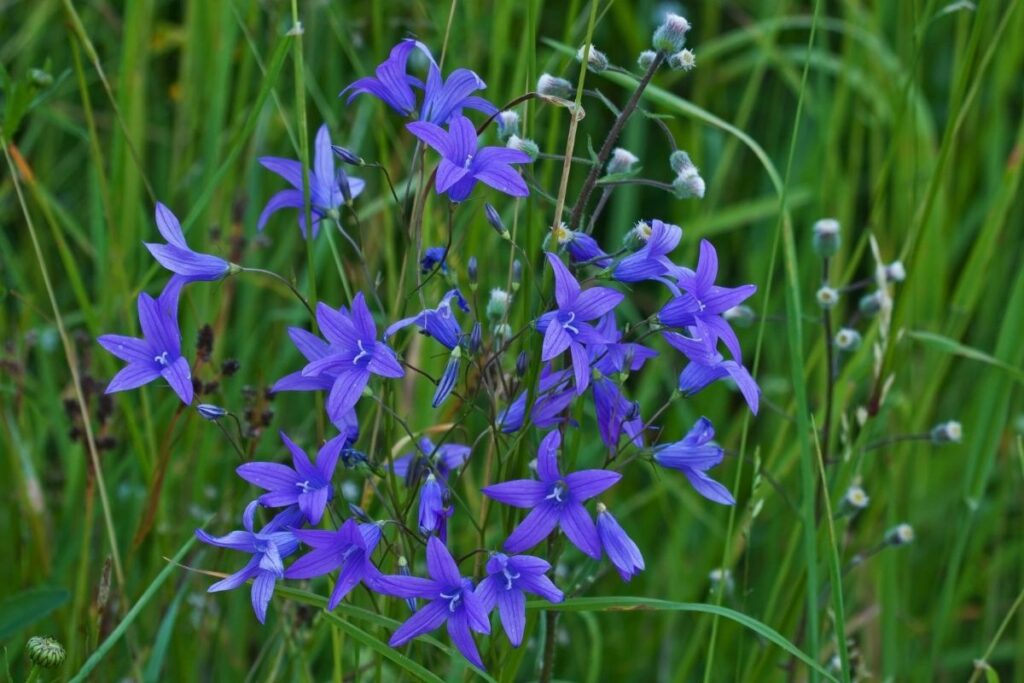
9. Water Forget-Me-Not
Also known as True Forget-me-nots, this is an open blue flower that boasts a bright yellow center. The provincial flower of Dalsland, the water-Forget-me-not is locally known as Förgätmigej.
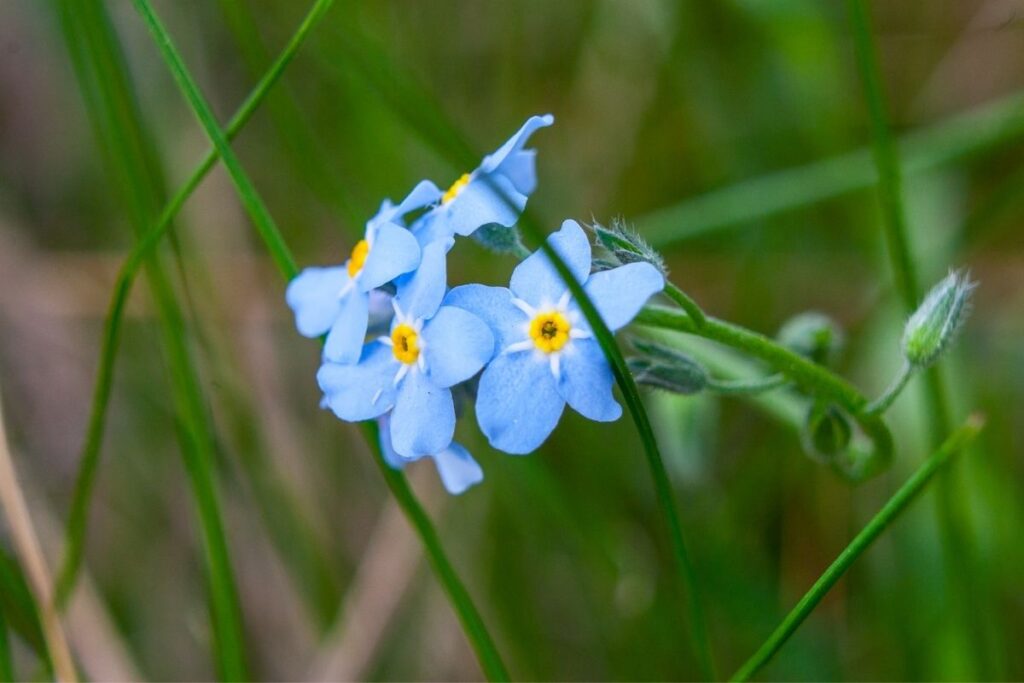
10. Lily Of The Valley
Despite its seemingly innocent name, the lily of the valley flower is poisonous. However, it still manages to produce sweet-smelling bell-shaped flowers that are usually white.
In some rare cases, these flowers can also be pink. Regularly used in weddings and held by the bride, the lily of the valley flower is locally known as Liljekonvalj and is the provincial flower of Gästrikland.
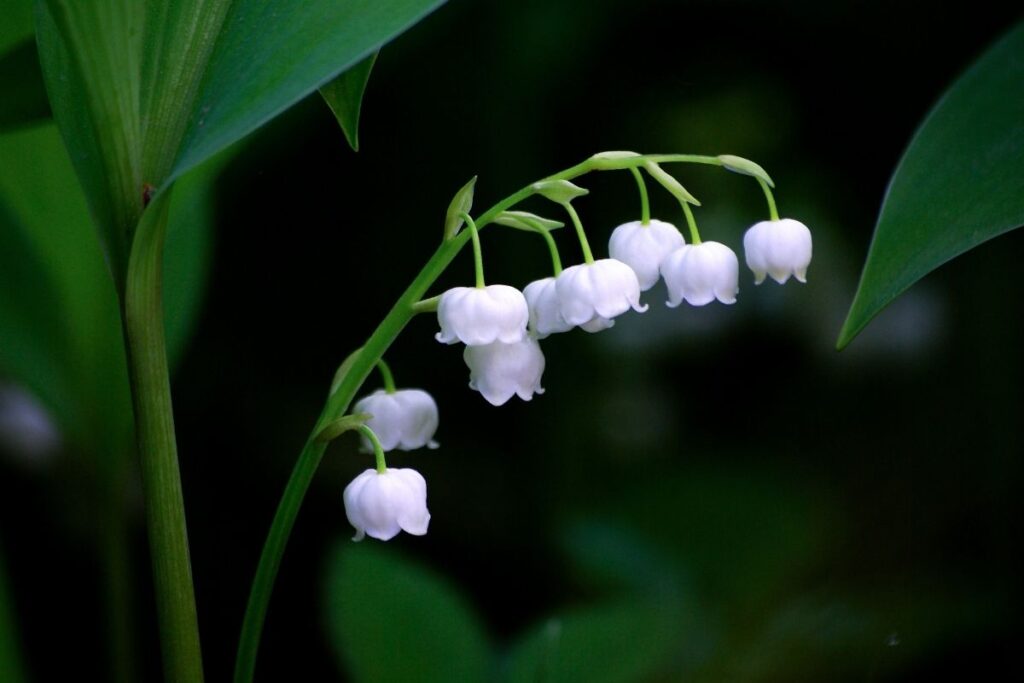
11. Common Ivy
Common ivy, also known as English ivy, may not be the first plant that comes to mind when you think of flowers. However, this ivy produces high nectar which contains greenish-yellow flowers.
Known locally as Murgröna, it is possible for some individuals to develop dermatitis when making contact with its leaves. That being said, common ivy leaves and berries have been used for medicinal purposes in the past, in particular as an expectorant (to treat coughs).
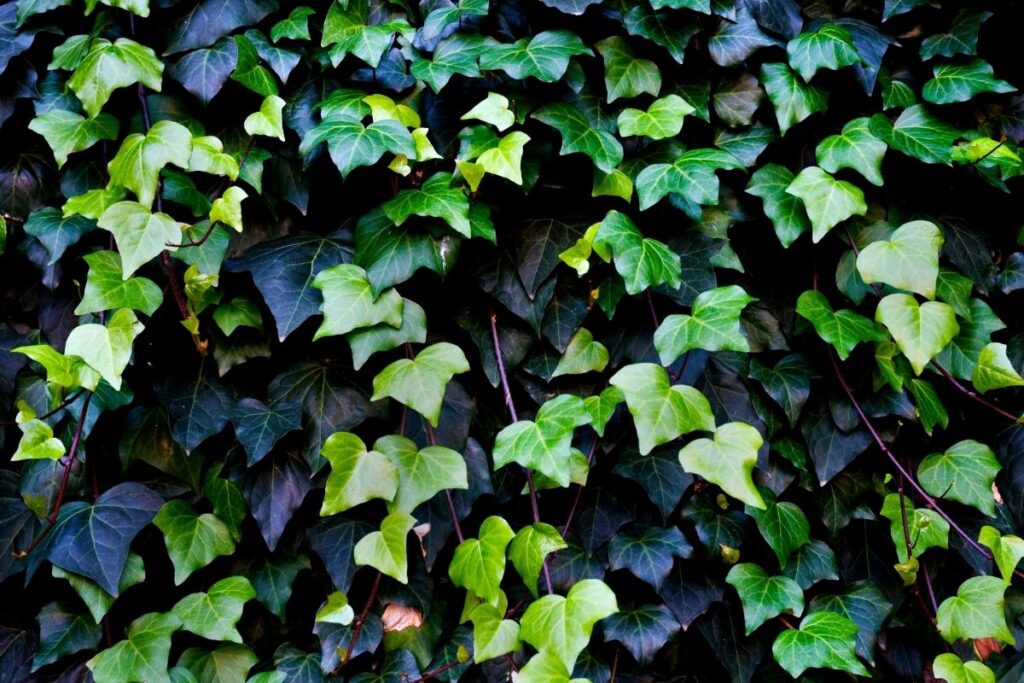
12. Spring Pasqueflower
The provincial flower of Härjedalen, Spring pasqueflowers go by many different names such as Arctic violets and Lady of the snows (Pulsatilla Vernalis). These produce white and violet colors on their outer petals while the inner stamen is yellow. In Sweden, the Spring pasqueflower is called Mosippa.
RELATED: Nature is Sweet As! 10 Different Types Of New Zealand Trees
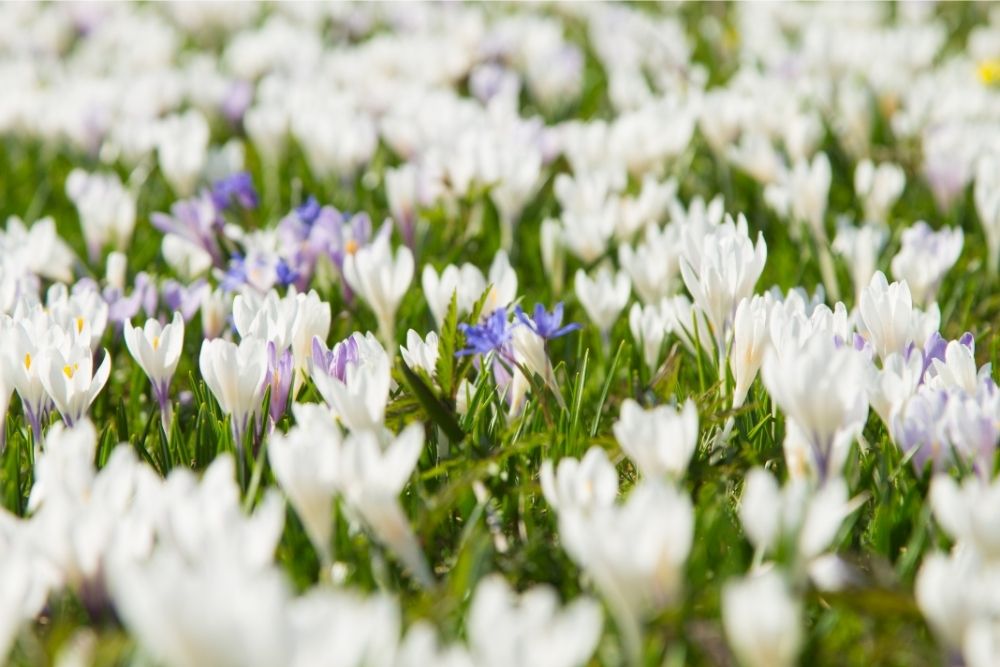
13. Twoflower Violet
Twofloeer violet, botanically called Viola biflora, is another provincial flower of Härjedalen. This plant typically produces very bright, yellow flowers with streaks of dark lines over its petals. Locally, this flower is referred to as Fjällviol.
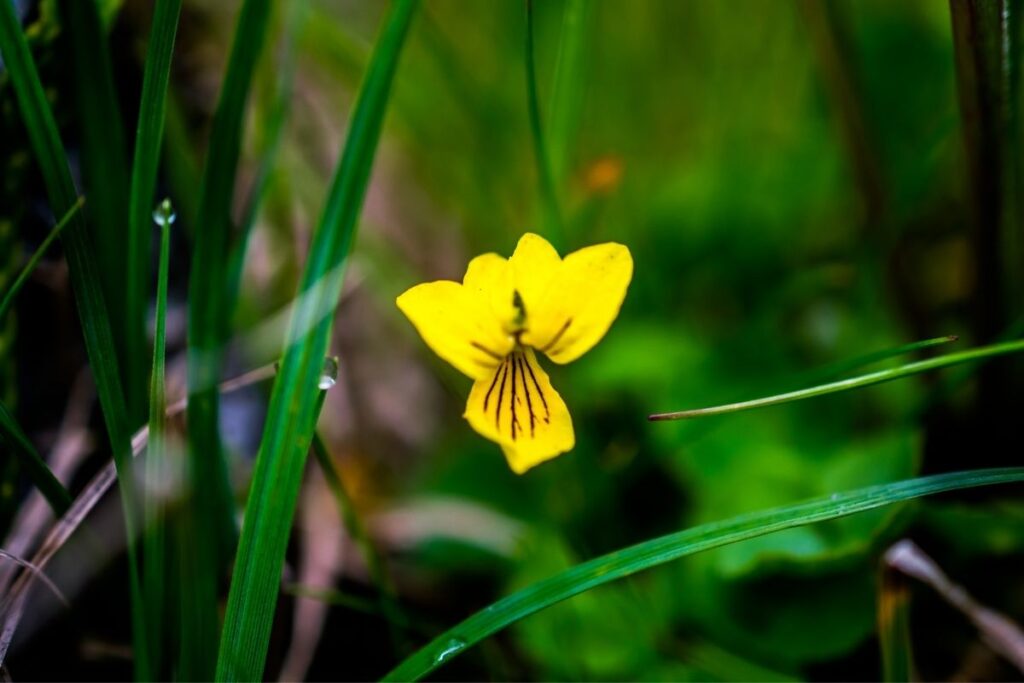
14. Hairy Greenweed
Also known as Vancouver Gold, Creeping Broom, and Gold Flash Broom (Genista pilosa), Hairy Greenweed can reach 30 to 45 cm in length. This provincial flower of Halland produced yellow flowers that are known as Hårginst in Sweden.
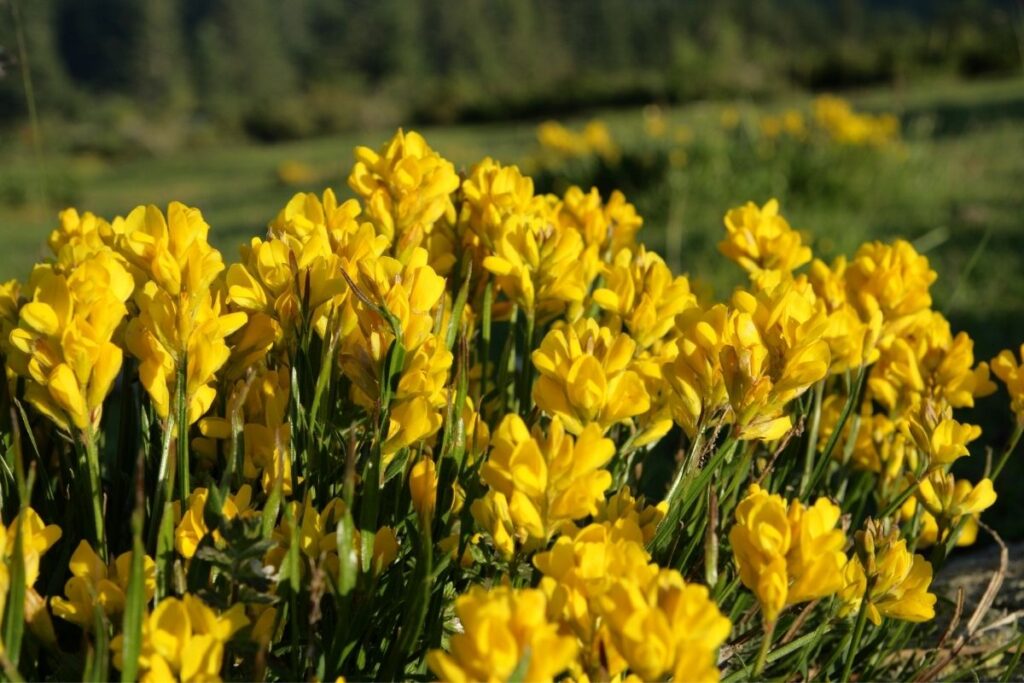
15. The Flax Plant
Although it is not a flower itself, the flax plant produces flowers that consist of five petals and are either pale blue or bright red in color. The provincial flower of Hälsingland, these are locally known as Lin.
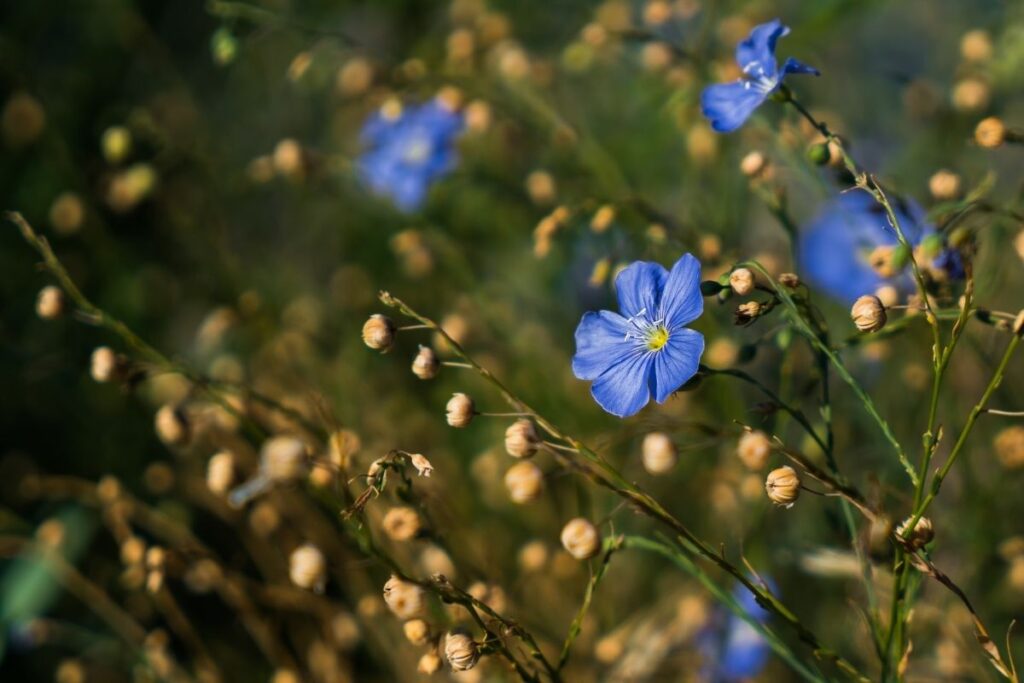
16. Mountain Avens
The land of the midnight sun sees this alpine plant grow in abundance. Also known as White dryas or White dryads (Dryas octopateala), Mountain Avens are referred to as Fjällsippa in Sweden. This flower belongs to the Rosaceae family and usually consists of five petals per Swedish flower.
However, in some areas, this flower can boast eight petals or even more. In general, the petals are creamy-white with multiple yellow colors protruding its stamen. To find this plant, it usually grows in dry areas such as rocky regions.
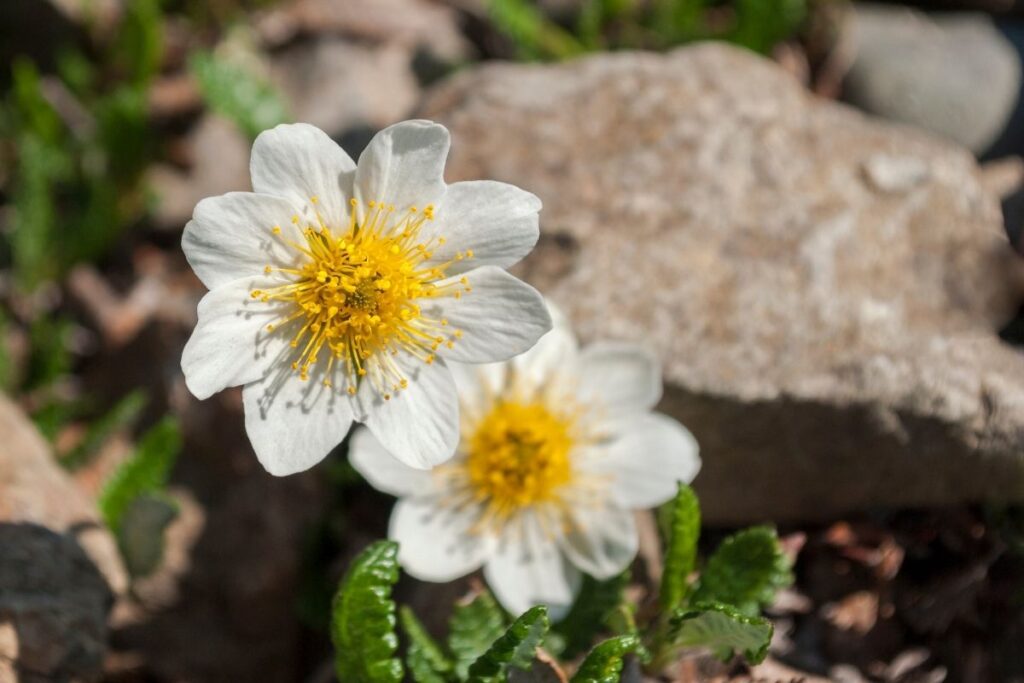
17. Nigritella Nigra
The Nigritella nigra flower is the provincial flower of Jämtland. This is a red type of orchid and is locally known as Brunkulla.
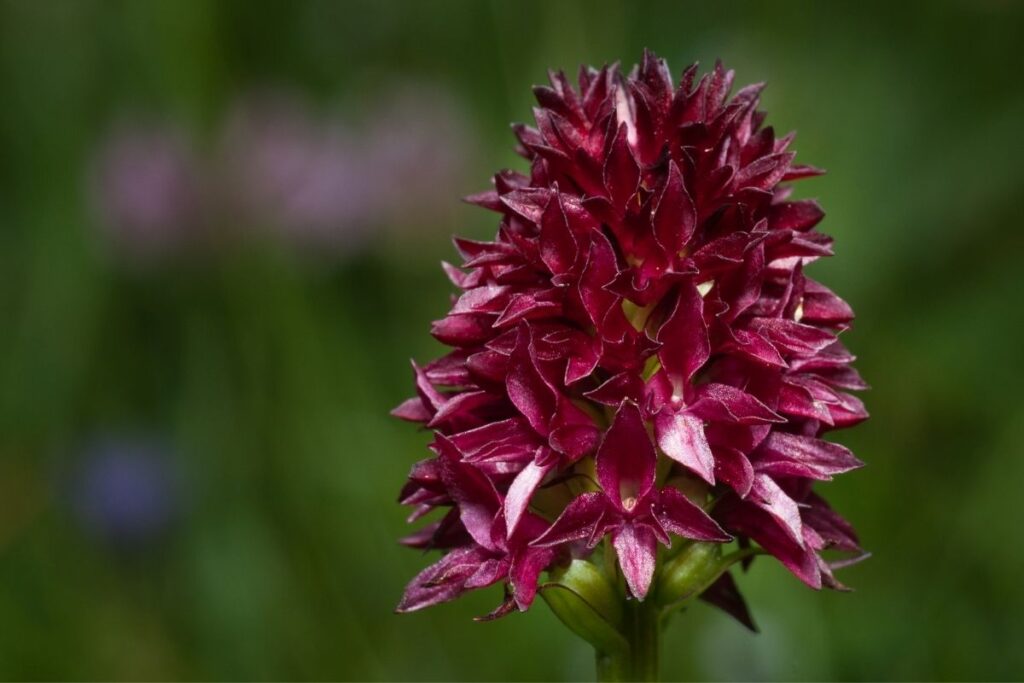
18. Norway Spruce
Norway spruce, sometimes called European spruce, is, you guessed it, a type of spruce. This is an evergreen tree that resembles Christmas trees. These spruces produce cones and are named Gran in Sweden, including Medelpad where this is the provincial flower.
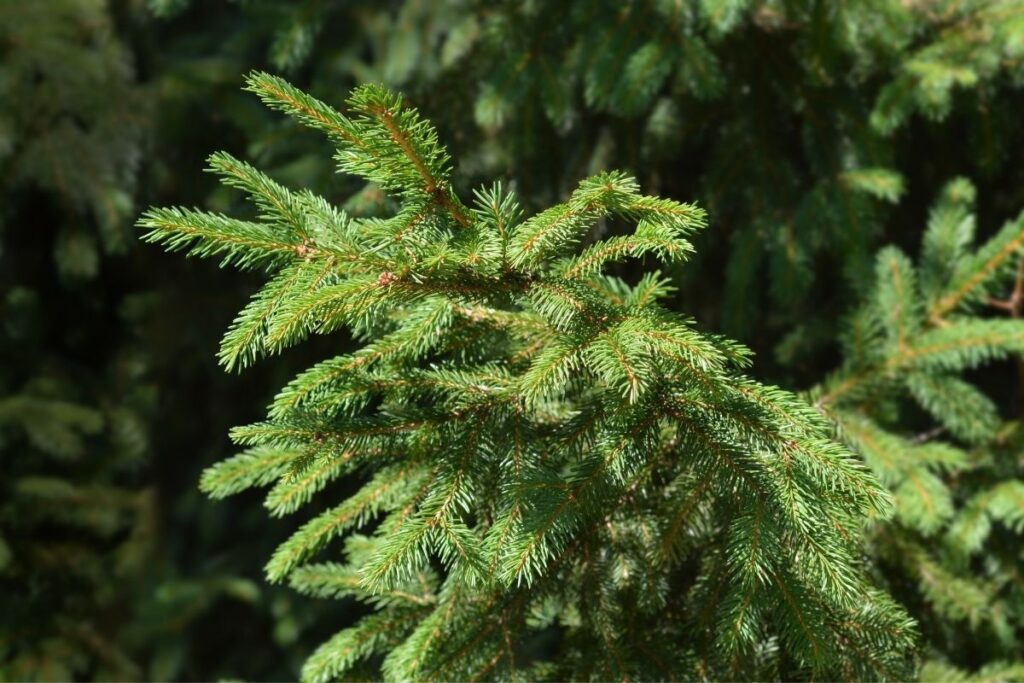
19. Globe Flower
The Globe flower is another provincial flower of Medelpad and grows 3 cm in diameter. It gets its name from its globe-shaped bright, yellow flowers, locally known as Smörboll. These plants thrive in damp areas but can be slightly poisonous. They even possess some purgative (laxative) properties.
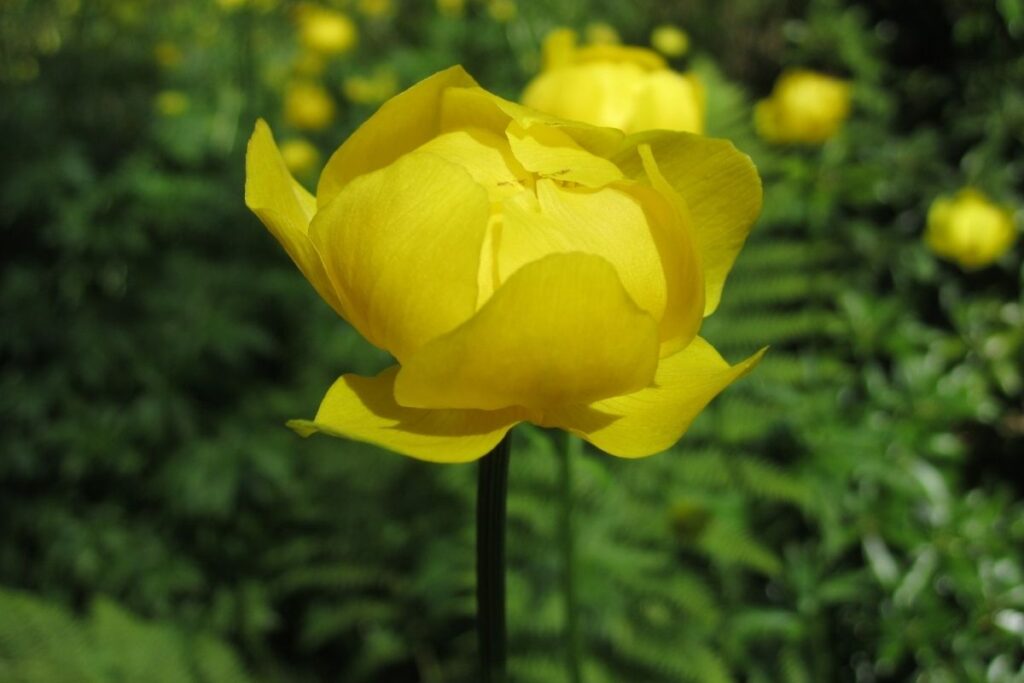
20. Arctic Raspberry
Known locally as Åkerbär, the Arctic raspberry (Rubus arcticus) is a bramble plant but part of the Rose family. As the name suggests, this plant produces fruit in the form of raspberries as well as a pink-purple flower. To find this flower, it is best to visit northern Sweden where it tends to thrive.
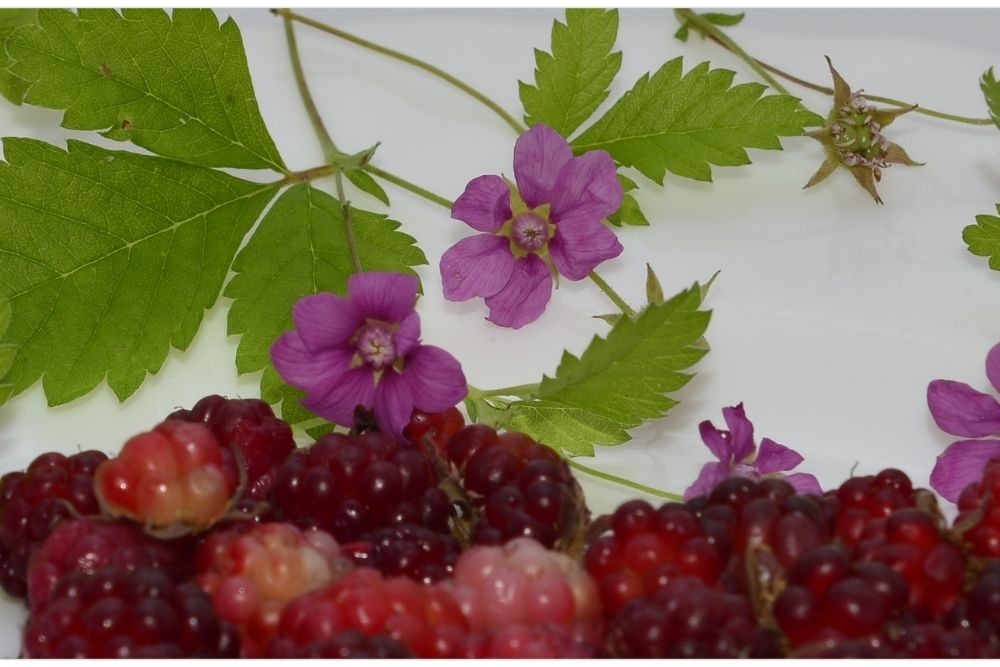
21. Cowslip
The provincial flower of Närke, the cowslip, also known as the common cowslip, usually produced a yellow flower. Just a single stem of this plant can produce up to 10 to 30 blooms. Known locally as Gullviva, this is a common sight in the province of Närke.
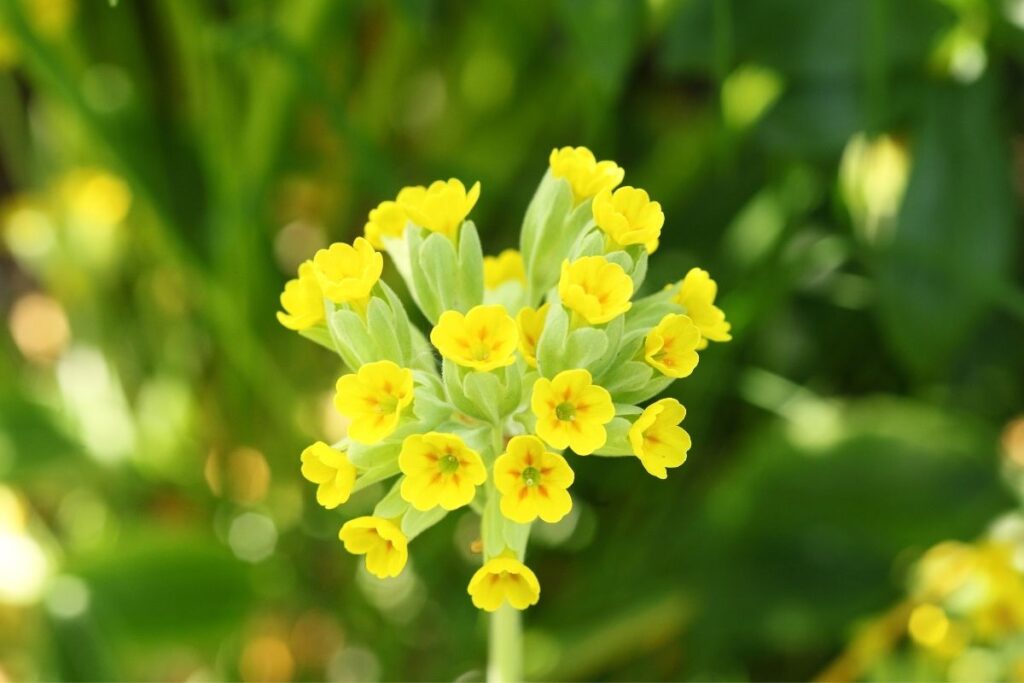
22. Common Daisy
As the name suggests, this is another common sight throughout Sweden. Common daisies, also known as oxeye daisies, dog daisies, or moon daisies (Leucanthemum vulgare), are flowers that look like conventional typical daisies with white petals or florets and a deep yellow-orange center that holds the pollen.
Named Prästkrage in Sweden, people can use common daisies as food as long as the flower remains unopened. These are then marinated and eaten like capers.
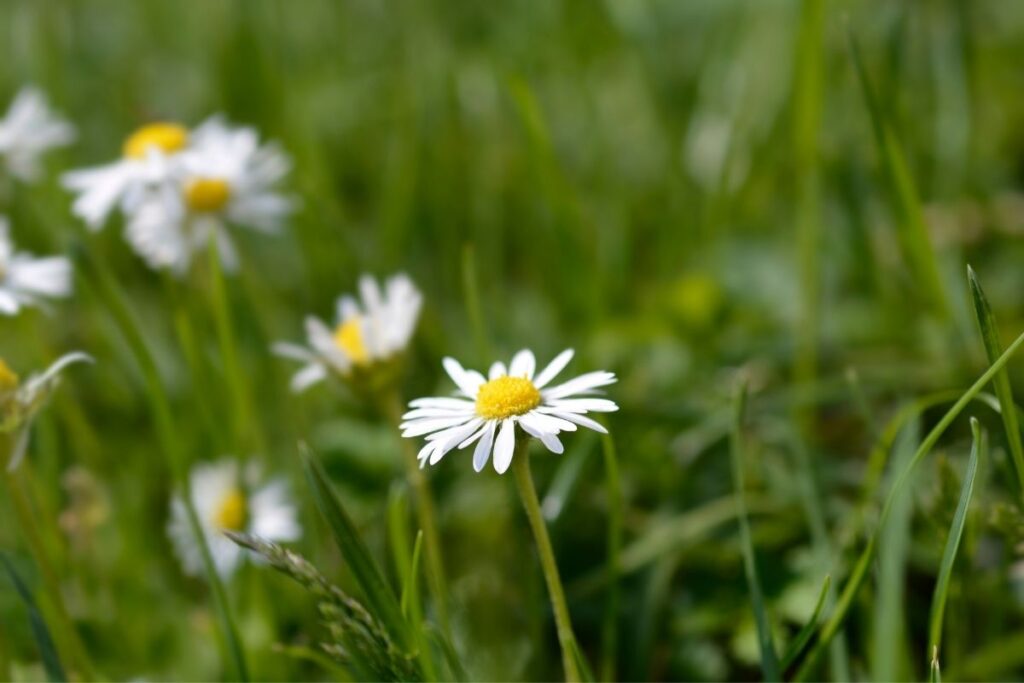
23. Twin Flower
Twin flowers (Linnaea borealis) are the provincial flowers of Småland and are generally pale pink in color. The Swedish Flowers itself tends to droop downward and is locally referred to as Linnea.
Linnaea borealis is actually considered to be the unofficial national flower of the Kingdom of Sweden. Although Sweden does not officially have a national flower, it does have flowers that are representative of different provinces.
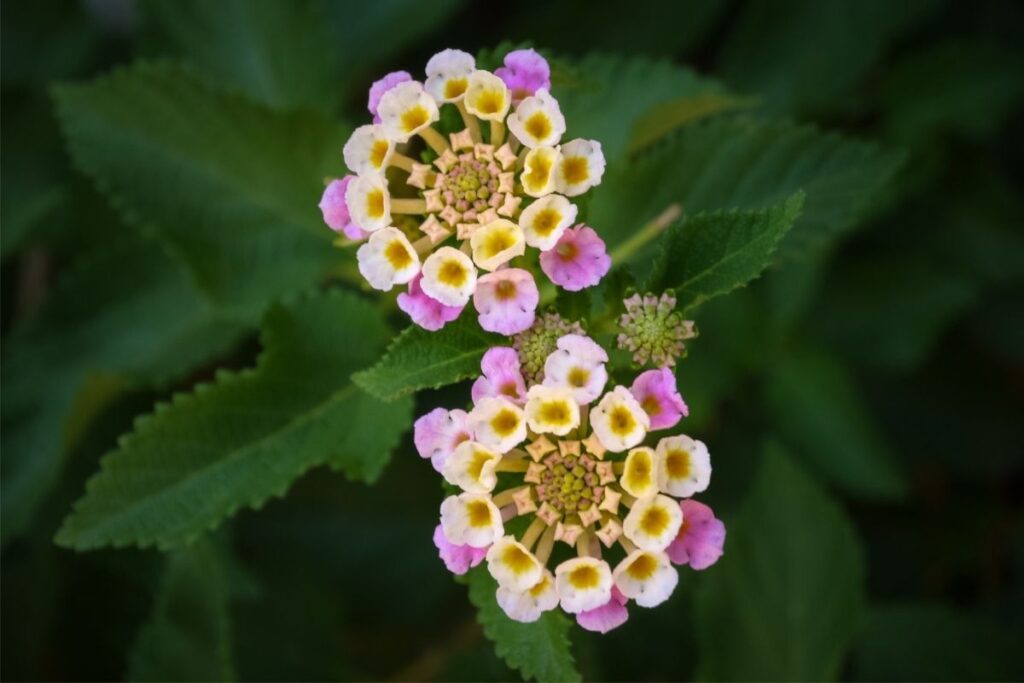
24. European White Waterlily
The European white waterlily is also known as the White Lotus and Nenuphur (Nymphaea alba). Locally in Sweden, it is better known as Vit näckros. This aquatic plant is the provincial flower of Södermanland and tends to thrive in lakes and ponds.
The flowers of this plant typically have upright, white petals while many also feature a yellow stamen. Over the years, European white lilies have been used for their medicinal purposes, in particular, as a sedative.
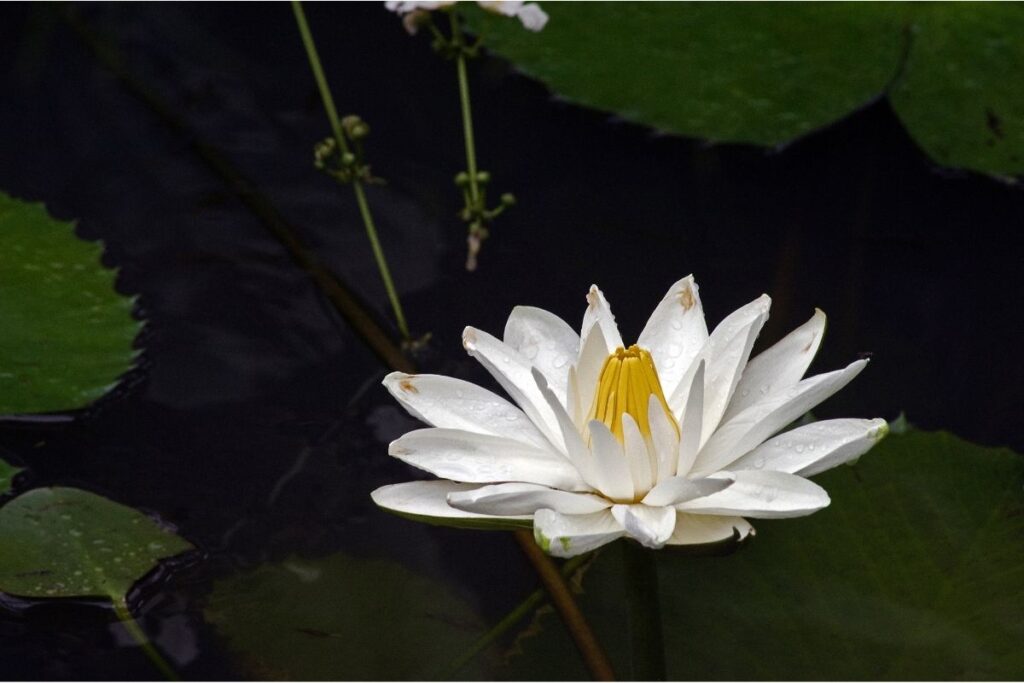
In Summary
Sweden is truly blessed with a variety of beautiful flowers, shrubs, and trees. These plants are so beloved in the country, many represent different provinces. A great deal of these are also highly prized by plant lovers across the world for their sheer beauty and elegance in varying surroundings.




